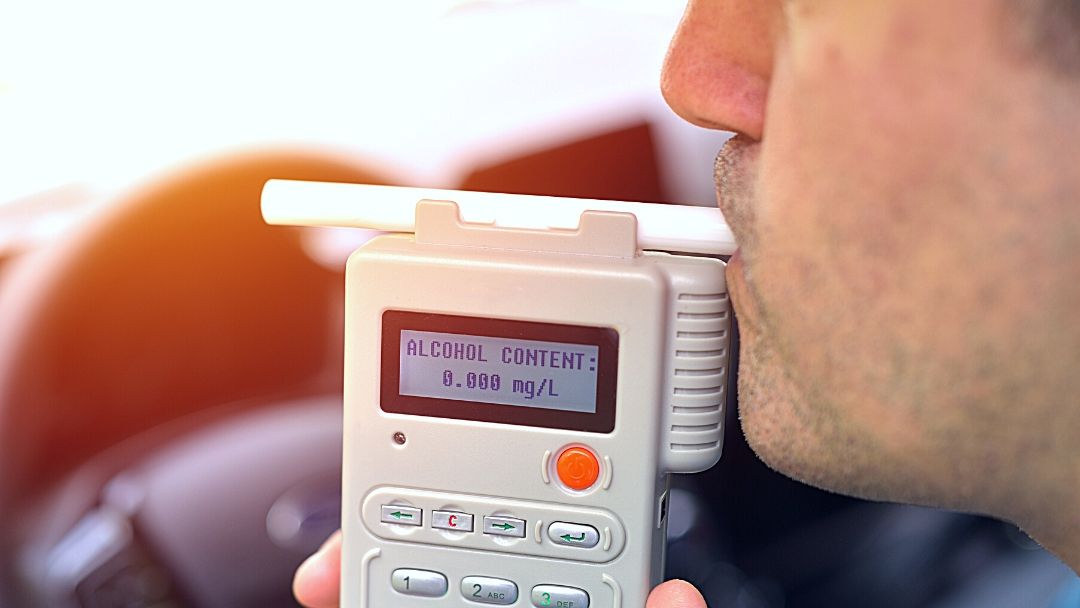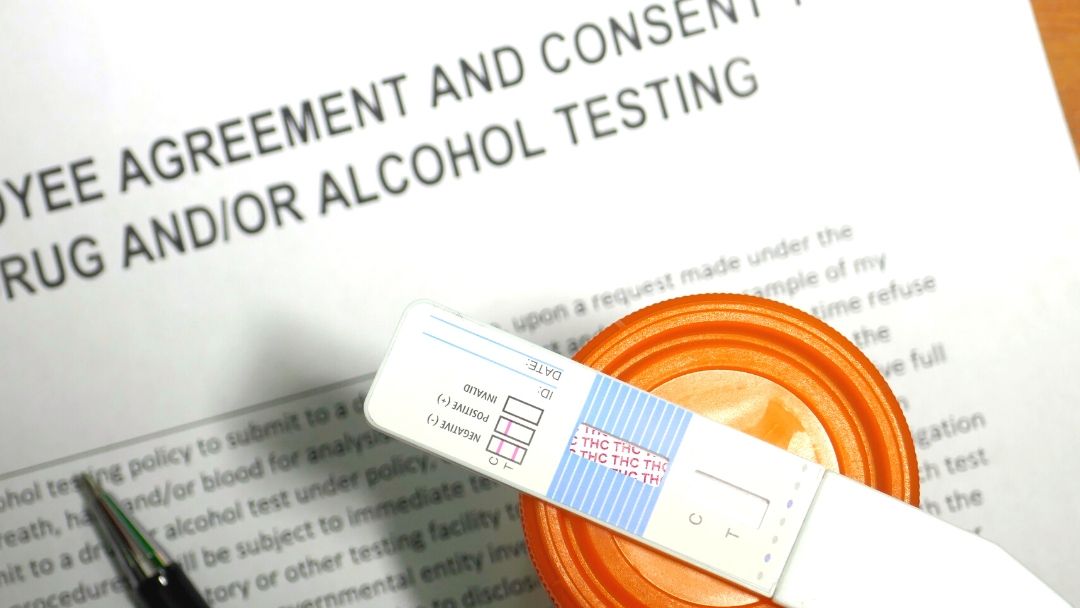Alcohol Testing
Alcohol testing in the workplace is less common in Canada than drug testing and is typically only used in safety-sensitive positions where impairment could cause harm. Breathalyzers are the most common form of alcohol testing, as they provide quick and accurate results.

Drug and Alcohol Policy
To appropriately implement employee drug testing, employers must have a Drug and Alcohol Policy in place within the workplace. When drafting the policy, employers should discuss specific requirements such as who falls under the policy, what is prohibited, what is considered a safety-sensitive position, when the policy takes effect, and how consequences for violations will be determined.

Employers are also advised to address accommodations for disabilities within the workplace, as drug and alcohol dependence is considered a disability in Canada. A Substance Abuse Professional should be used to determine if a problem exists, and appropriate solutions should be provided for affected employees.
Even if employers choose not to implement employee drug testing, a Drug and Alcohol Policy should still be in place to outline employee expectations and standards of the work environment. It is important for employers to stay current with any developing case law and update their policies accordingly.
Employer Obligations
Canadian employers who implement drug and alcohol testing programs must comply with federal and provincial privacy laws, human rights legislation, and occupational health and safety regulations.

Employers must obtain the employee's consent, inform them of their rights and responsibilities, and provide employees with clear policies and procedures regarding drug and alcohol testing, as well as inform them of the consequences of testing positive for drugs or alcohol.
It is important to note that drug and alcohol testing in Canada is not foolproof and can produce false positives or negatives. Employers must take steps to ensure that the testing process is accurate, reliable, and carried out by qualified professionals. Employers must also ensure that the testing process is confidential and that the results are only shared with those who have a legitimate need to know.

Employees who test positive for drugs or alcohol may face disciplinary action, up to and including termination of employment. However, employers must provide support and resources for employees who may be struggling with substance abuse and ensure that testing is conducted in a fair, non-discriminatory, and respectful manner.
Drug and alcohol testing in Canada is a complex and highly regulated area, with significant implications for employers and employees alike. If you are an employer considering implementing a drug and alcohol testing program, it is essential to consult with legal experts and occupational health professionals to ensure that you are in compliance with all relevant laws and regulations.
By understanding their obligations and following best practices, Canadian companies can promote a safe and healthy workplace and minimize the risks associated with substance use.
